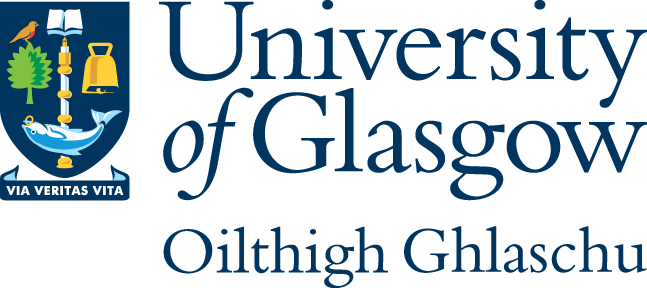Family language policy among Saudi academic sojourner families in the UK: The complex language ideologies and practices of bilingual speakers.
This ethnographic case study investigates the Saudi academic sojourner families’ language policies (FLP) based on Spolsky’s (2004) Language Policy model. Children of transnational families who live temporarily in a host country are raised during their developmental years outside their parents’ country of origin. This has important implications for children’s language learning, potentially creating challenges for their parents to maintain their children’s first language when confronted by the majority language. I used semi-structured interviews with mothers and their children, two focus groups, observation and self-audio recordings of the mothers’ and their children’s natural interactions. The findings suggest differences in ideology levels between mothers and their children. Contrary to their children, the mothers seem to be influenced by monolingualist ideologies. The mothers’ monolingualist ideologies encouraged them to engage in formal and informal literacy activities and employ monolingual language strategies at home. Despite the mothers’ monolingualist ideologies, the families’ de facto language practices suggest that both mothers and children engaged in similar practices. These bilingual families’ heteroglossic communication practices can be understood via García’s (2009) translanguaging perspective, i.e. flexible bilingualism. The families’ actual language practices suggest that they strategically and dynamically deploy their linguistic repertoires to create meaning, challenging the monolingualist ideologies held by the mothers. This study, therefore, marks a notable advancement in empirical investigations of translanguaging, offering new insights and approaches in understanding the complex language ideologies and practices of bilingual speakers.
For any details regarding this project, please contact the author at 2713406a@student.gla.ac.uk
